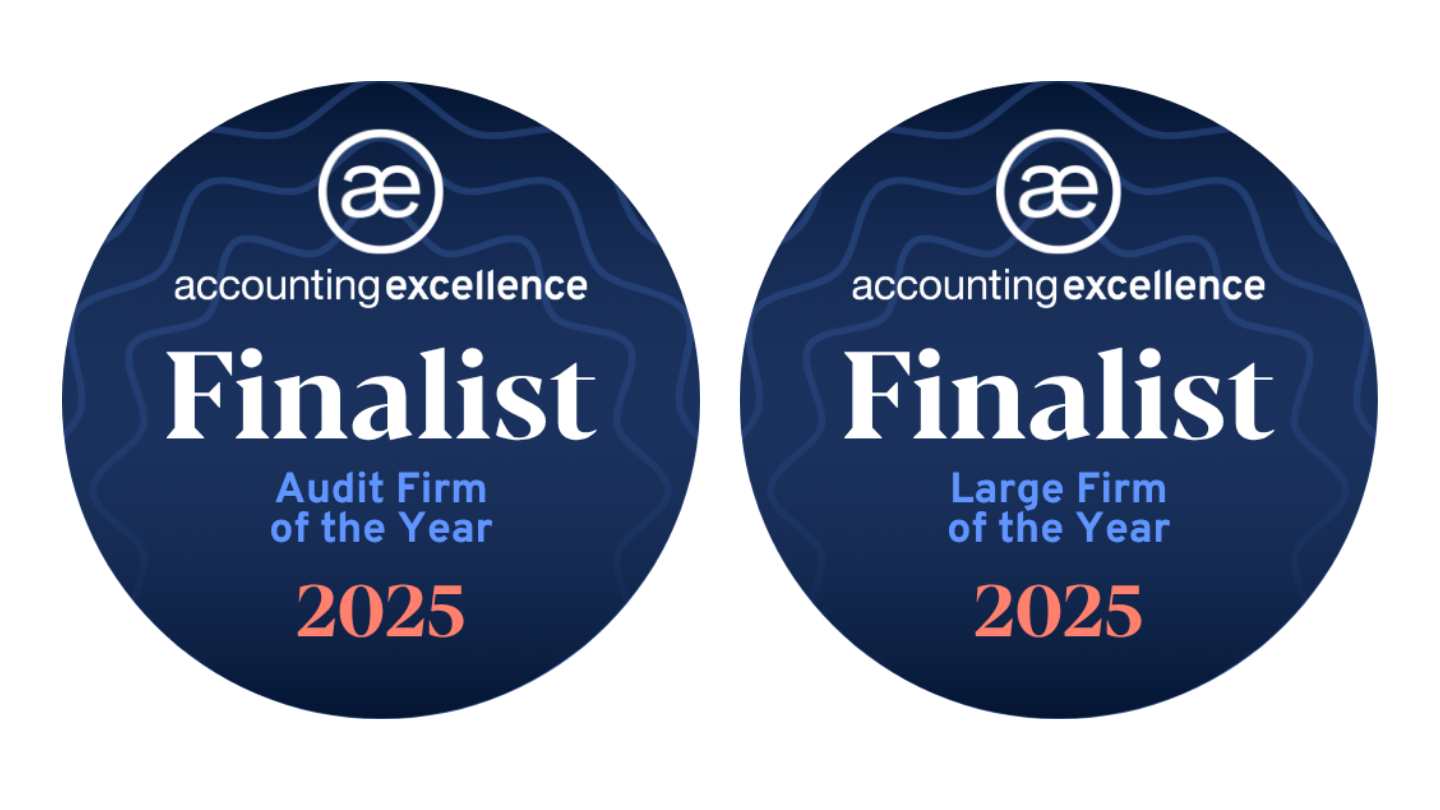Understanding the Substantial Shareholdings Exemption (SSE)
The Substantial Shareholdings Exemption allows UK companies to dispose of shares in a trading company or trading group without paying corporation tax on the gains, provided certain conditions are met. One of the key requirements is that the selling company must have held a substantial shareholding (>10%) in the company being sold for at least 12 months within the previous six years.
Using a dormant sbsidiary to protect Substantial Shareholdings Exemption (SSE) benefits for stand-alone companies
For stand-alone companies that may wish to sell part of their business, or accommodate a buyer who wants to acquire a “clean” company, establishing a dormant subsidiary in advance can be a highly effective way to preserve the tax advantages offered by the Substantial Shareholdings Exemption (SSE).
The SSE is extended where a trade that existed elsewhere in a group is transferred into another group company. The company acquiring the trade can qualify for the SSE immediately of the trade was conducted elsewhere in the group for at least 12 months.
The issue for stand-alone companies
A single company that decides to create a subsidiary and transfer all or part of its trade to the subsidiary shortly before selling it will find the SSE denied. If the required 12-month ownership period has not been met, the tax legislation denies the relief.
This was clearly demonstrated in the M Group Holdings case, where forming a subsidiary less than a year before disposal resulted in the loss of SSE on the sale of that subsidiary and a significant unexpected tax charge—even though the business being sold was genuinely trading.
Why wouldn’t you just sell the stand-alone entity?
If you have a willing buyer to acquire the shares in your stand-alone company then this strategy is not necessary. But would they prefer to acquire a company with no trading history? Do they just want to acquire part of your trade? If so then having a dormant holding company will enable you to benefit from the SSE. You can therefore receive your sales proceeds entirely free of corporation tax.
Substantial Shareholdings Exemption, why incorporate a dormant subsidiary early?
Creating a dormant subsidiary well before any restructuring or sale discussions begin can ensure that the required time conditions for SSE are satisfied. The subsidiary can remain dormant until needed. This strategy:
- Preserves future eligibility for SSE.
- Allows sellers to present a “clean” company to buyers when selling
- Provides flexibility for future reorganisations, carve-outs, or disposals of part of a business.
- Avoids being caught by timing issues that might otherwise result in an avoidable tax charge.
Substantial Shareholdings exemption, the practical considerations
Tim Humphries, RPGCC’s Head of Tax added “There are some practical considerations to be taken into account. Setting up a dormant subsidiary is straightforward and inexpensive, but it can offer considerable tax protection. As long as it remains dormant you will be able to file dormant accounts at Companies House and ask HMRC not to issue tax returns. Confirmation statements would still need to be filed at Companies House”.
Are there any downsides?
There are the ongoing costs of having the extra company. Provided it is truly dormant the admin costs would be minimal and it would not amount to an associated company for determining your corporation tax rate in the trading entity etc. If you end up selling the trading entity in full the dormant company can be transferred out or dissolved.
Be aware of the funds flow. The sale of the subsidiary will mean that the proceeds you receive will be in the original company. However, if necessary a demerger of the previously dormant subsidiary could occur first
Transferring a trade is easy to say, but could involve moving customer contracts, assets and staff. All of which could come with complications. If you would like to read more about substantial shareholdings exemptions, you might find this article on the HMRC website of interest.
Need help with the Substantial Shareholdings Exemption (SSE)?
RPGCC’s specialist tax team, led by Tim Humphries, supports clients in navigating the complexities of the Substantial Shareholdings Exemption (SSE) with clarity, precision and confidence.
Whether you are planning a group restructuring, preparing for a business sale, or assessing whether an upcoming disposal qualifies for SSE, our team provides tailored, practical guidance to ensure the relief is applied correctly and opportunities are not missed.
We help you evaluate trading status, ownership conditions, qualifying periods and post-transaction structuring, while identifying risks that could inadvertently jeopardise the exemption. With deep experience across corporate tax, transactions and shareholder planning, RPGCC ensures your strategy is robust, compliant and commercially aligned.
If you would like advice on how Substantial Shareholdings Exemption applies to your business, or support with a planned disposal, please contact our tax team at hello@rpgcc.co.uk or call us on 020 7870 9050 to talk to one of our specialists.
Talk to us...
Tim works with a broad spetrum of clients across a wide range of sectors including, but not exclusively, property, technology, professional services as well as private clients.
If you would like to contact Tim to discuss the Substantial Shareholdings Exemption, or indeed any area of tax, please get in touch today.





